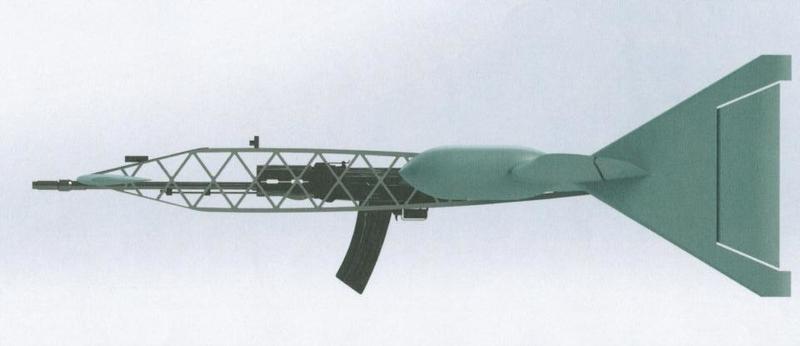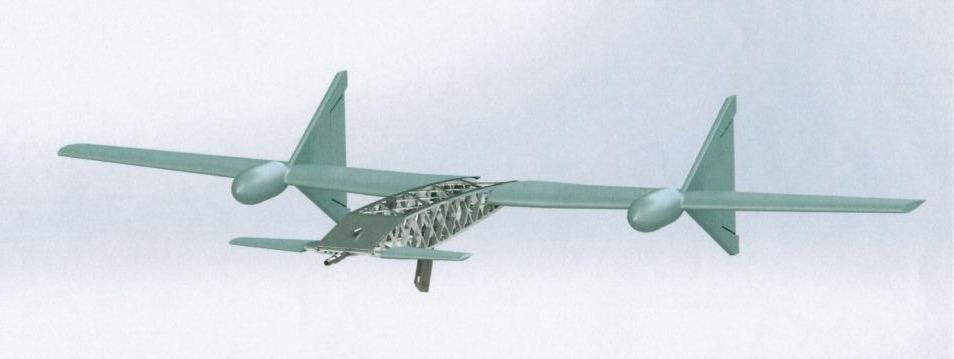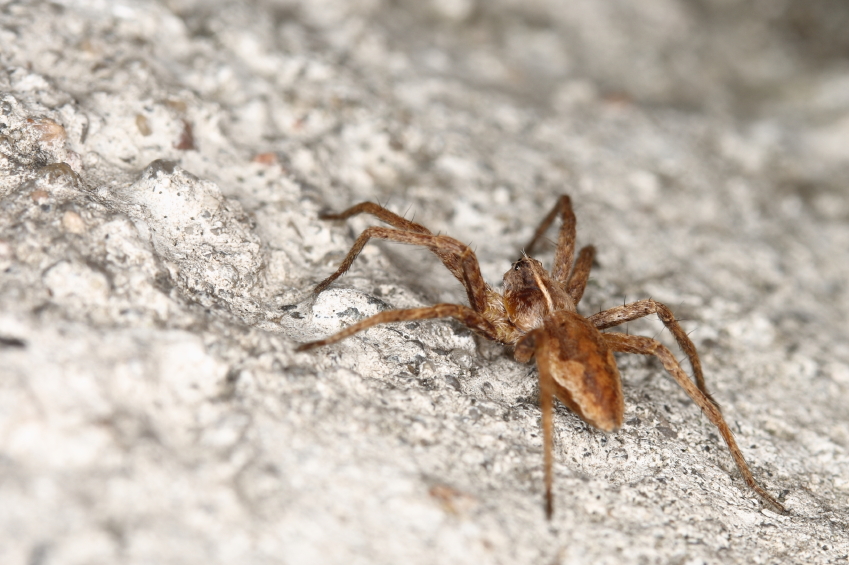Drone-on-drone combat about to become reality as Russia unveils shotgun-toting drone that seeks out and destroys other drones
03/25/2019 / By Ethan Huff

New evidence has emerged to suggest that Russia is taking its advanced drone technology to a whole new level.
A registration form for a novel unmanned aerial vehicle (UAV) with an actual shotgun embedded into its airframe appeared in the archives of the Russian Federal Service for Intellectual Property on March 12, revealing that the former Soviet Union is soon planning to start using pilotless drones to fight other pilotless drones as part of the next generation of military combat.
Classified as a “Vertical Take-Off and Landing (VTOL) vehicle,” Russia’s new drone can do exactly what its name suggests: take off and land vertically, as well as fly horizontally.
The aerial vehicle is also relatively lightweight, clocking in at around 50 pounds, and has a wingspan of 10 feet. It can also fly for an impressive 40 minutes, depending on weather conditions.
While in flight, the aerial drone’s intended purpose is to blast other enemy drones out of the sky using its built-in semi-automatic shotgun.
“This cUAS (counter-unmanned aircraft system) drone is in line with an increasing number of technologies and designs created to combat hostile drones,” says Samuel Bendett, an advisor at the Center for Naval Analyses, as quoted by C4ISRNet.com.
“Russians think that it’s important to fight adversary drones not just from the ground via a number of electronic and kinetic countermeasures, but in the air itself. Hence this rifle drone joining the Carnivora cUAS drone,” he adds.

Image: ZeroHedge
For more related news about how superpowers are ramping up their unmanned aerial drone technologies, possibly in preparation for World War III, be sure to check out DroneWars.news.
Russia wants to use gun-equipped drones to fight back against Islamic jihadists
The need for these types of drones became apparent following a recent drone attack that occurred on Russia’s Khmeimim Air Base in Syria, where Islamic jihadists operating out of Idlib launched their own aerial drones in an attempt to penetrate Russian defenses.
These jihadists specifically targeted a Russian naval facility at the Syrian port city of Tartus, prompting Russian military to file the registration papers for their counter-drones.
While Russia’s air defense systems have previously been successful at intercepting most attempted drone attacks in recent history, some still slip through – hence the need for upgraded technologies to thwart them at all times.
Last year, six drone attacks were reportedly landed by an electric warfare specialist as opposed to the air defense systems, marking the “first time that terrorists massively used unmanned combat aerial vehicles of an aircraft type that were launched from a distance of more than 50 kilometers, and operated using GPS satellite navigation coordinates,” the Russian ministry revealed in a statement.
As of this writing, no military on earth, including the United States military, has developed effective weaponry to combat the growing threat of drone attacks, which is why Russia came up with this short-term solution. But it’s really just a temporary bandage as military experts develop longer-term solutions.
“This is just the beginning,” wrote one concerned commenter at ZeroHedge about the growing threat of drone weaponry.
“I predict a terrifying escalation and evolution of drone armament and capabilities by the time I retire in 20 years. I imagine the idea of human dogfighting will seem quaint, as drones are going to rule the sky over battlefields.”
Other commenters expressed their agreement, further warning that drones will also likely be a threat off the battlefield.
Not only will drones rule the skies over battlefields, this person wrote, but they will also be “over our own country from the cities to the most rural areas, with satellites and spotters.”
Sources for this article include:
Tagged Under: counter-unmanned aircraft system, cUAS, drones, future tech, future warfare, inventions, Islam, jihad, military tech, Russia, Russian Federal Service for Intellectual Property, Shotgun, surveillance, Syria, technology, UAV, unmanned aerial vehicle, VTOL, War, warfare, weapons technology



















